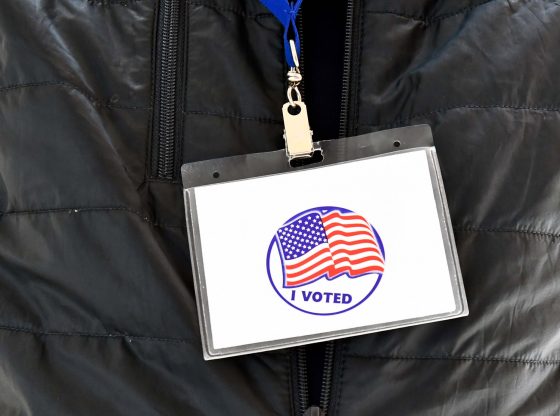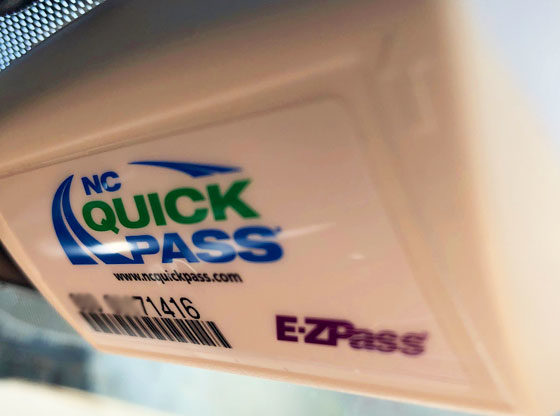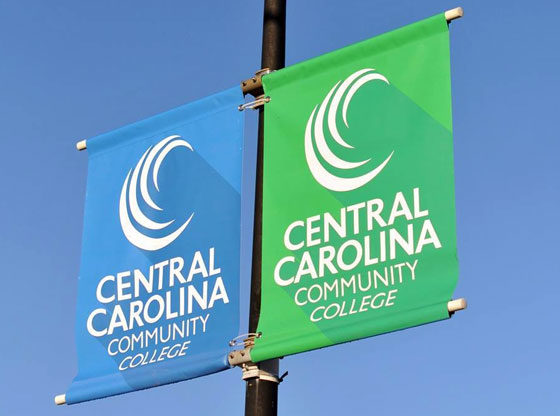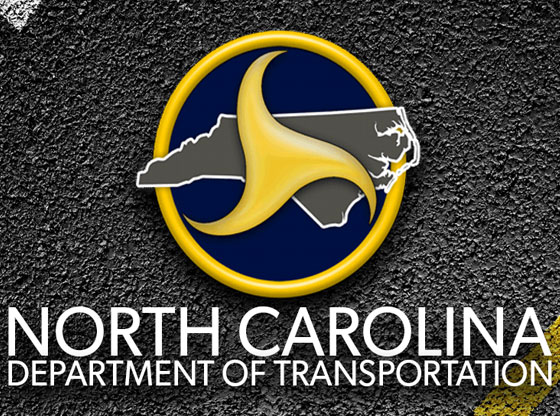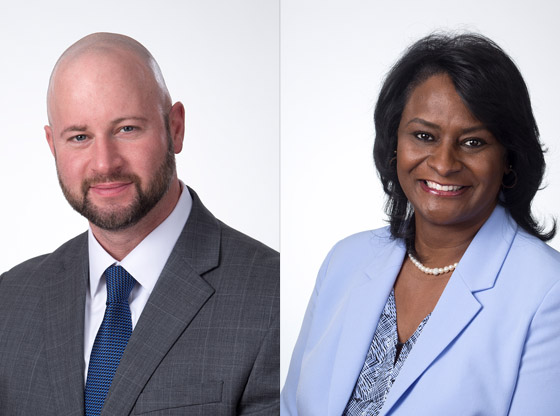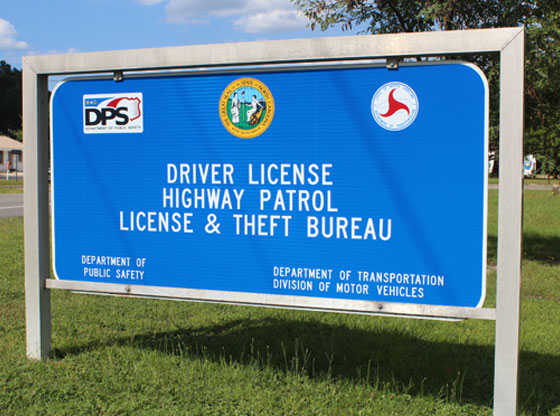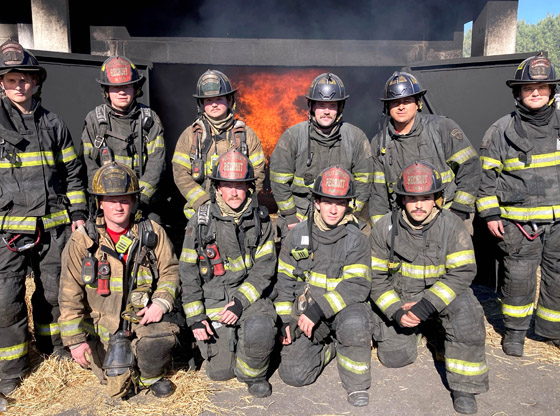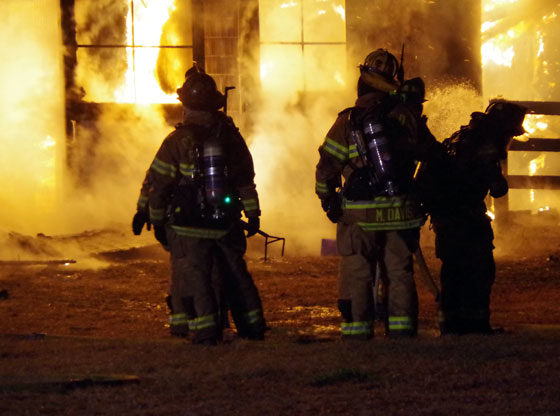As sports betting becomes legal in North Carolina, the North Carolina Department of Health and Human Services is increasing its efforts to prevent, treat and help those experiencing harm related to problem gambling. This comes as Governor Roy Cooper proclaimed March as Problem Gambling Awareness Month.
Approximately 5.5% of adults and 10% of youth in North Carolina experience problems related to gambling, and an additional seven to 20 people in their families and communities are then impacted as well. Problem gambling, or gambling addiction, is any gambling behavior that disrupts someone’s life, or the lives of people close to them, such as parents, siblings or friends.
“Promoting healthy behaviors and providing prevention education at all ages helps to decrease the stigma associated with problem gambling,” said Kelly Crosbie, MSW, LCSW, Director of the NCDHHS Division of Mental Health, Developmental Disabilities, and Substance Use Services. “We are engaging with community partners and educators to increase outreach to spread the message that free help is available and recovery is possible if gambling becomes more than a game.”
House Bill 347 allocates an additional $2 million in the state budget to help prevent, treat and provide services related to problem gambling. In preparation for the launch of sports betting, NCDHHS refocused prevention programs and education programs for treatment providers to concentrate more heavily on sports betting. Some of the initiatives to support people experiencing problem gambling include:
*Partnering with EPIC Risk Management to provide prevention education on college campuses about risks associated with sports betting.
*Funding the Gambling Research and Policy Initiative and working with ECU to better research and understand gambling behavior, attitudes and risks.
*Partnering with Tar Heel Athletics to promote problem gambling and responsible gaming campaign during March Madness
*Supporting NC Problem Gambling Programs to provide prevention education for college students at Duke University, UNC Chapel Hill, High Point University and Chowan University this spring.
*Working with UNC Behavioral Health Springboard to put together learning modules for behavioral health providers on prevention of and treatment of youth problem gambling.
*Offering Youth Prevention Grants to middle schools, high schools and community organizations to implement gambling, gaming and digital media youth prevention curriculum.
*Partnering with Freedom House of Mecklenburg Inc. and Charlotte Mecklenburg Schools to incorporate problem gambling awareness into the health curriculum for 14,000 7th-grade health classes.
The NCDHHS North Carolina Problem Gambling Program also continues to offer its services to help people maintain a healthy relationship with gambling or abstain completely. Those services include counseling and peer support. People can call the North Carolina Problem Gambling Helpline at 877-718-5543 to learn more. Currently, NCDHHS is working with its contacts to ensure providers and the helpline can handle an increase in calls.
*Signs of problem gambling include:
*Using sports betting to relieve stress or depressive feelings
*Spending increasing amounts of time or money on gambling
*Preoccupation and irritability when trying to cut back or not gambling
*Placing bets on credit or with money allocated for other things
*Chasing losses (gambling to earn back money that was lost gambling)
*Lying or being secretive about gambling
*Attempting to cut back without success
*Only talking about wins and never losses
If you or someone you care about shows signs of a gambling problem, no cost, confidential help is available. For support, call the North Carolina Problem Gambling Hotline at 877-718-5543, text morethanagamenc to 53342 or visit the morethanagame.nc.gov website. Additionally, if you or someone you love is struggling with mental health you can call or text 988 any time or call 1-855 PEERS NC to talk with someone who has similar experiences. Both services are available 24/7, 365 days a year.
Contributed.




